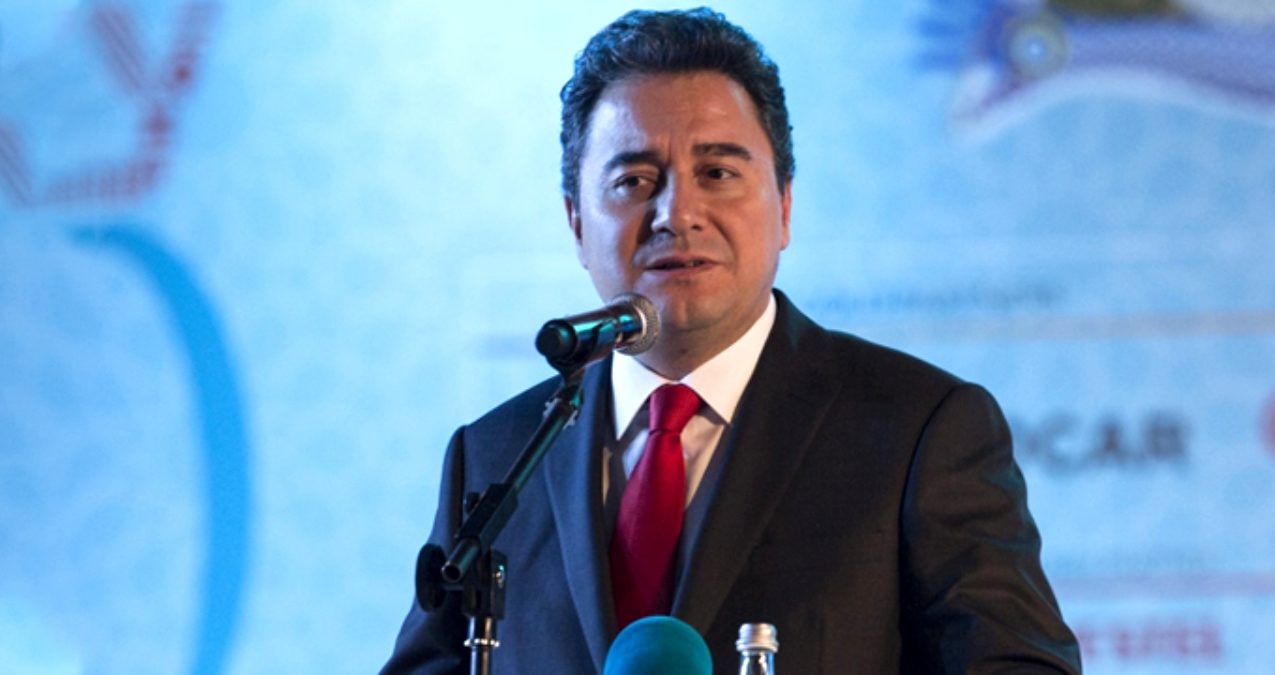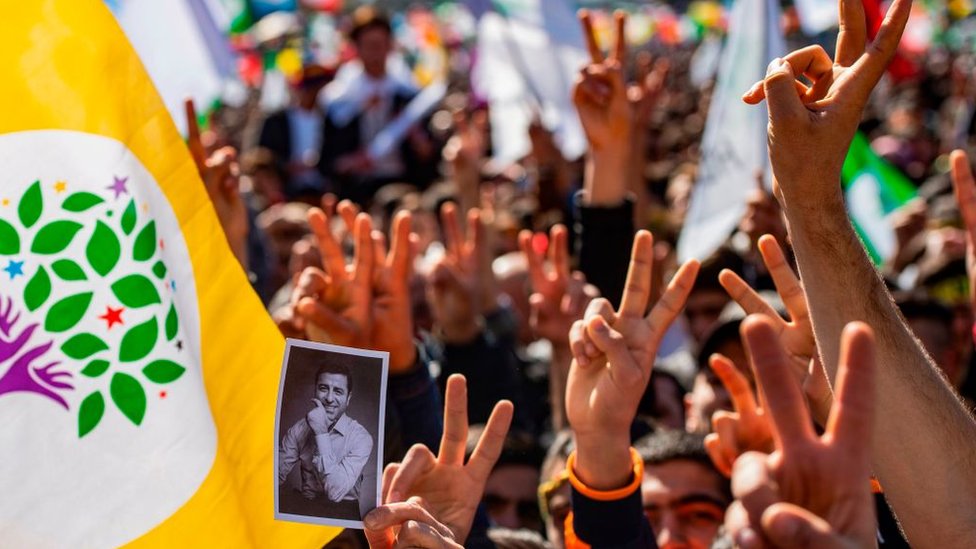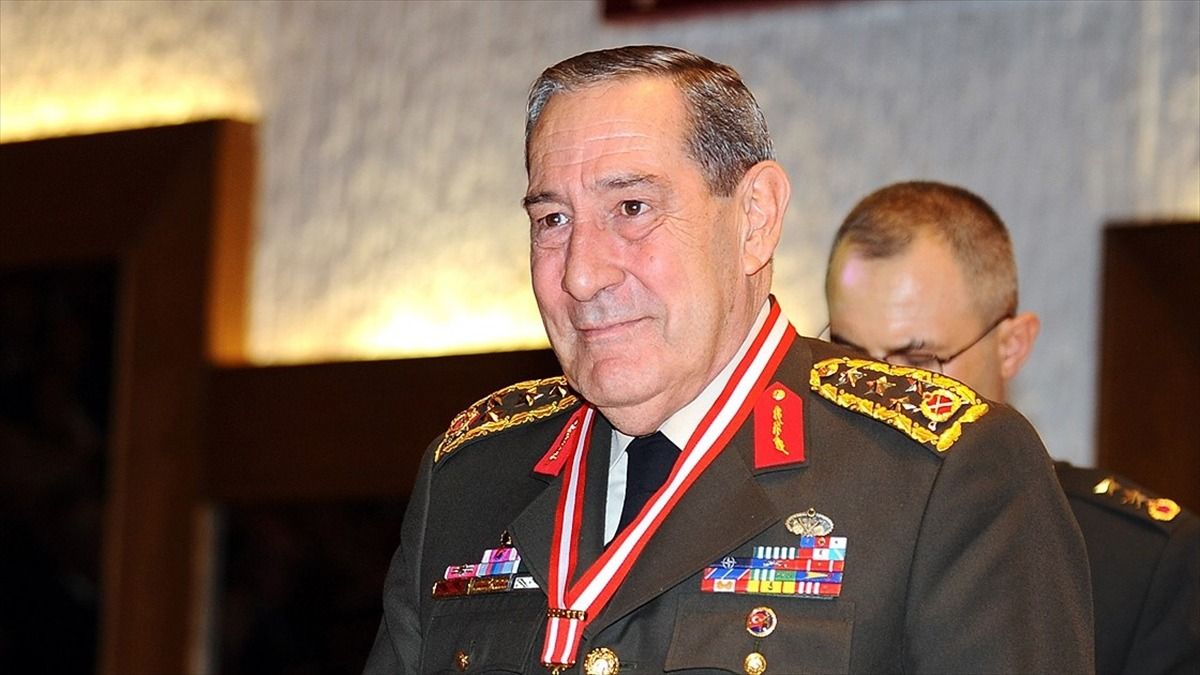It was a small but revealing moment in 2008, during Queen Elizabeth’s official visit to Turkey.
At the time, the British Embassy in Ankara was pushing a project to promote street football for children in Turkish cities that are bereft of green spaces. While the Queen attended an awards ceremony for some of the best teams, the British Foreign Secretary David Miliband met some of the children outside. Tagging along was his Turkish opposite number, Ali Babacan.
It was one of those photo opportunities that had the potential to be awkward, because the children spoke little English, so Mr Miliband did the only thing an overconfident British MP could and grabbed a football for a kickabout with the kids.
He was joined in the chaotic jostling for possession by Ali Babacan — to the astonishment of his wife.
“I’ve never seen him do anything like this,” Zeynep Babacan told her neighbour in the crowd. “He’s always so reserved. He’s never moved so quickly in his life.”
These days, the mood in the political party Mr Babacan helped establish is restive. For the first time in four years, there are serious rumours of defections, words like “betrayal” and “treason” are being bandied around, and the loyal press is obediently pretending nothing is going on.
It is, in short, as if we are back in the first half of 2015 again.
Those were the months after Recep Tayyip Erdoğan was elevated to Turkey’s ceremonial presidency, despite never intending to relinquish executive power, while his handpicked successor Ahmet Davutoğlu rolled out plans for a post-Erdoğan party.
It was an ambitious attempt to refashion a movement fatigued by three terms in government and a test of whether the AK Party was truly the centre-right equivalent of the CHP — an untidy but cogent political movement that outlasted its founder.
Of course, personal loyalty to Mr Erdoğan prevailed in that battle. Mr Davutoğlu’s defeat ended any hope the AK Party could ever be anything more than the Turkish president’s club.
Now, after a four-year interregnum enforced by terrorist atrocities, a failed coup and a state of emergency, the debate over the future of Turkey’s centre-right is back on.
Which is where Mr Babacan comes in.
This week, he announced he was leaving to start a party of his own. So far he has laid down his cards carefully: he met Mr Erdoğan some weeks ago to tell him he was going, though did not actually leave until last month’s Istanbul mayoral election re-run, to avoid anyone blaming him for that defeat.
The CHP’s resounding victory in that contest is precisely why the AK Party is in trouble. Despite controlling the mainstream media and all the levers of government, its decision to force a re-run turned a narrow deficit of 14,000 votes into a colossal 800,000.
“Under the current conditions, Turkey needs a brand new vision for its future,” Mr Babacan told Reuters on Monday. “There is a need for correct analyses in every area, newly developed strategies, plans and programmes for our country.”
Essentially, he wants to press the reset button. But what does he want to do next?
His people are being extremely cagey — to the extent that they won’t even allow themselves to be identified as “his people”.
The new movement has no name and no declared policy platform beyond Mr Babacan’s words to Reuters.
The Turkish version of his statement doesn’t actually use the word “party” to describe his plans.
His statement said “a solution to the problems we face is only possible through the efforts of a team that commands high and wide representation” — or, in other words, he wants a party of all the talents, which has generated plenty of talk about the kind of people the new party may attract. But there are no names to chew over yet.
Former president Abdullah Gül, although receptive, will likely not join. His view is that he became an elder statesman after his presidency and it would be inelegant for him to return to day-to-day politics. Ahmet Davutoğlu will not join either, even though he has been far more open about his attempts to build a movement outside the AK Party.
Mr Babacan claims not to have explicitly approached anyone to join him yet but, according to the journalist Ruşen Çakır, “plenty” of people have made soundings with him. There is also talk of a policy platform constructed around the chapters of Turkey’s crumbling EU membership process.
Clearly the party is far from being a movement poised to seize the reins of government — it is unlikely to be formally established until the autumn — but it will face a plethora of challenges when it eventually appears, and a major one will be Ali Babacan himself.
He is beloved outside of Turkey for assiduously implementing former World Bank man Kemal Derviş’s rescue plan in the AK Party’s early years, and for maintaining sensible economic policies after becoming deputy prime minister in 2009.
But Mr Babacan is not a politician bursting with natural charisma, as the Miliband football episode demonstrated, a party led exclusively by him will crumple in the face the AK Party behemoth.
There’s a lot of work to do.









